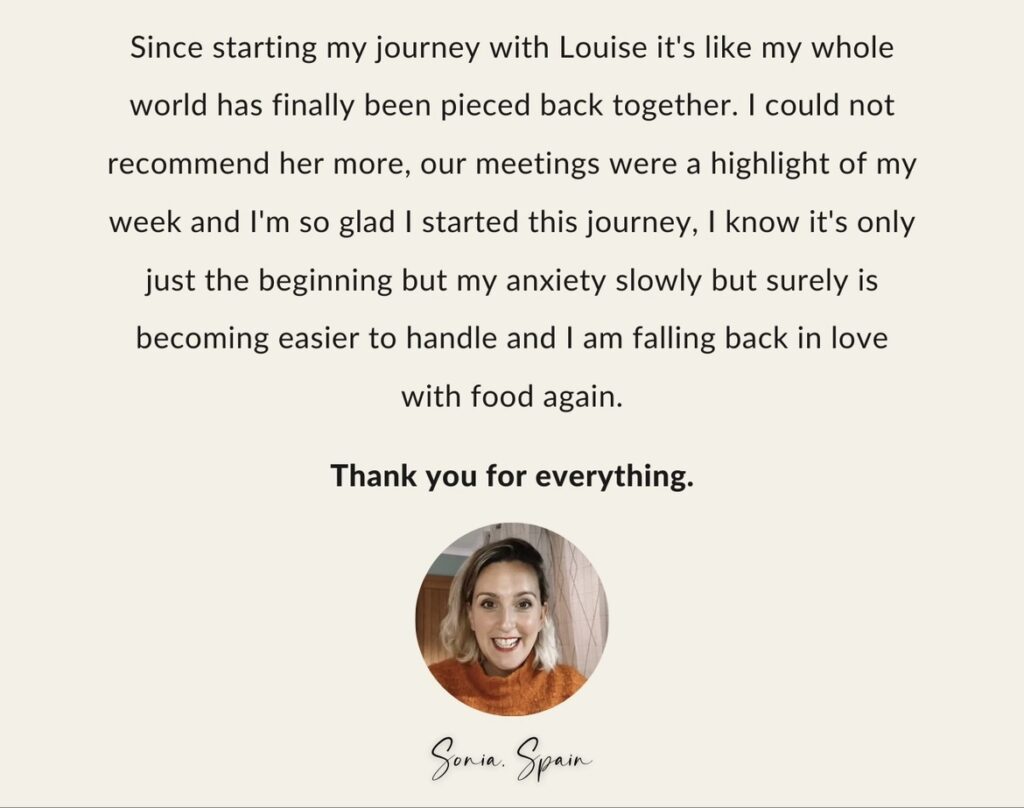Built to help women have a 360° approach to health through perimenopause to post-menopause.
welcome to MY BLOG
Midlife Anxiety

October 30, 2023
There are very real mental health changes that can hit you during perimenopause and menopause and trust me when I tell you that you aren’t crazy. And although your prescriber may tell you so, you don’t necessarily need an antidepressant.
One major player in these changes is progesterone, which tends to decrease first in perimenopause. This decline can lead to heightened anxiety and possibly insomnia, triggering further mental health challenges. Progesterone plays a key role in producing GABA, a calming neurotransmitter that promotes tranquillity and aids in restful sleep.
If you’re experiencing mental health shifts during this phase, consider discussing options with your healthcare provider. Vitex may be recommended to help elevate progesterone levels, or incorporating Prometrium in the latter half of your cycle could help alleviate symptoms. For those in late perimenopause, continuous progesterone might be beneficial.
Understanding how our thoughts impact us negatively is the initial step toward healing. While rewiring our thinking patterns isn’t easy, with dedication to change, it’s entirely achievable.
Remember, your thoughts hold the power to shape your feelings and actions. Taking control is essential for your well-being.
If you struggle with anxiety, I hope this helps:
Anxiety often arises from deep-rooted associations in the survival portion of our brain, which operates on emotions and automatic responses. Trying to rationalise or analyse it with logic from the conscious part of our brain can be frustrating and ineffective. It’s important to recognise that these triggers may not even be consciously known or recalled. This understanding can be a significant revelation for many struggling with anxiety.
In neurology, it’s often said that neurons that fire together, wire together. This means that certain smells or experiences can become strongly linked to specific emotions, even if there’s no logical reason behind it. Trying to use logic and intellectual thought alone won’t effectively rewire these connections in your survival brain. Instead, it’s crucial to learn the language of the survival brain and understand that these associations were formed due to conditioning, not because there’s anything inherently wrong with you.
This understanding is the first and most important step towards emotional freedom, as it allows you to let go of the frustration and negative meanings attached to certain thoughts and feelings. Once you embrace this perspective, you create a supportive environment for the subsequent work needed to rewire this part of your brain. Remember, this process doesn’t signify any inherent flaw in you—it’s simply how the survival brain responds to conditioning.

Meet Sonia: A remarkable transformation
Allow me to introduce Sonia, a remarkable client with a thriving business, a devoted team, two children to care for, and three beloved dogs. While by conventional standards, she was already highly successful, Sonia was grappling with overwhelm, anxiety and a sense of barely coping. It was only when she took the step to seek support that she found her path forward, gaining confidence and renewed clarity.
I understand firsthand the challenges of navigating big emotions, hormones. menopause. life changes and difficult people. Sometimes we need the guidance personalised to our individual needs. That’s not always easy to do on your own which is why my 1:1 service is available to you. I can assure you that I am able to meet your needs or refer you elsewhere! I am accepting new clients for 2024.
Get in touch today!
Louise xx
Leave a Reply Cancel reply
I have a reputation as a compassionate and innovative therapist who produces rapid and lasting changes with my clients. Are you ready to become my next success story?
Website Designed W/ Love By Traveller By Trade
Copyright © 2021, Louise The Therapist
Privacy Policy